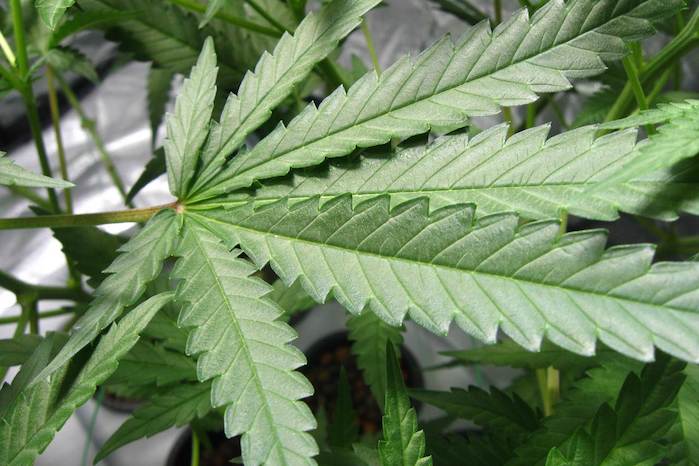To determine the state of legal cannabis in 2017, one must look back at what transpired during a momentous 2016. It was the best of times last year for the legalization movement — and it was also the worst of times.
On one hand there were significant positive gains. Election Day 2016 was a resounding victory. Four of the five states deciding whether to legalize recreational marijuana passed their bill. Only Arizonans voted against it (52.2% “No” to 47.8% “Yes”).
Joining Alaska, Colorado and Washington as recreational states were California (55.8% “Yes” to 44.2% “No”), Maine (50.17% to 49.83%), Massachusetts (53.6% to 46.4%) and Nevada (54.4% to 44.4%). Meanwhile, all four states voting on medical marijuana — Arkansas, Florida, Montana, North Dakota — approved the measure.
Medicinal pot is now permitted in 29 states. And as we’ve seen, this development is usually followed within several years by a vote for full legalization. The movement enjoys considerable momentum heading into 2017.
Added up, more than 65 million Americans can now buy legal cannabis, more than half the country lives in states with medicinal laws, and nearly everyone resides somewhere that allows consumption of marijuana’s non-psychoactive component, CBD.
Legal marijuana in American is currently a $6.7-billion industry, according to financial experts. It’s attracting hefty investments from hedge funds and Wall Street, and is forecast to reach $21.8 billion by 2020. The industry has come a long way since the first states passed legalization laws in 2012.
Yet, the slim margins of voting victories for recreational marijuana in 2016 point towards broad, lingering national doubt for the movement. And an even bigger shadow has been cast over the industry by the new government taking shape in Washington D.C.
Donald Trump may have received 2 million fewer votes than legal pot in Florida, but he won the state and the presidency all the same. In filling his cabinet, the president nominated Senator Jeff Sessions for attorney general.
Sessions has a long track record of criticism for cannabis. In a statement much-repeated by the media in 2016 following Trump’s nomination, the Alabama senator was quoted as saying in the 1980s that he considered the KKK “OK until I found out they smoked pot.”
As recently as last April, Sessions said that “good people don’t smoke marijuana,” that it was a “very real danger” and “not the kind of thing that ought to be legalized.” The 70-year-old senator also recently referred to legalization laws as a “tragic mistake,” and publicly lambasted President Barack Obama for not taking a hard stance against the substance. (Obama, of course, called the federal ban on marijuana an “untenable” law over the long term.)
Meanwhile, Trump himself has been less-than-supportive of legalization. In 2015 while attending a conservative gathering as a presidential candidate he supported medicinal use “100 percent,” but not recreational. He called Colorado’s legalization law “bad,” adding that “Medical marijuana is another thing, but I think [recreational] is bad. And I feel strongly about that.”
Trump expanded his opinion by saying that “they’ve got a lot of problems going on right now in Colorado. Some big problems.” He did not specify, however, what exactly were these supposed problems.
The federal outlook remains uncertain at best, grim at worst. Sessions and Trump together wield enough legislative power to undo decades of progress from the pro-pot movement. They could have anyone involved in growing, selling, or using cannabis arrested immediately under federal law.
Two factors might impede such drastic action, however.
The first is Trump’s potential hesitancy to upset a multi-billion-dollar industry. After all, he has promised protection for American-made products under his presidency. And professionally grown legal pot is now a booming business throughout the U.S. Whether he and Sessions want to disrupt that business is arguably doubtful.
Secondly, a good percentage of Trump’s supporters would unlikely support a cannabis crackdown. Perhaps more so than any candidate in modern times, Trump has relied upon his ability to appeal to the emotions and desires of his constituency. If he enacts law that angers his base, then he might struggle for support four years from now.
Federal legalization of marijuana is almost certainly a pipedream during the Trump presidency. Whether the movement will lose ground in the next four years thanks to anti-pot sentiments in the White House remains to be seen. After immense gains in 2016, recreational cannabis has both a bright future and an uncertain path forward.
Kyle Swartz is editor of The Cannabis Regulator. Reach him at kswartzz@epgmediallc.com or on Twitter @kswartzz.










